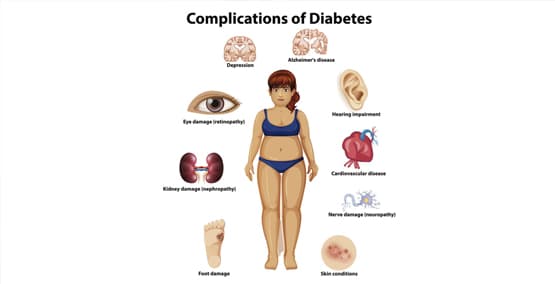
Symptoms of cystic fibrosis in infants
Newborn screening for Cystic Fibrosis (CF) is now performed in every state in the US. The test is done during the first 2 to 3 days after birth, usually in the hospital. The test requires just a small drop of blood from the baby's heel .
Cystic fibrosis can show up shortly after birth for some babies, especially those who have pancreas and intestinal problems.

Common symptoms include:
- Meconium ileus, where thick mucus blocks the small or large intestines. The babies have abdominal swelling and constipation. They often have vomiting and can require emergency surgery.
- Malabsorbing the nourishment from their feedings. As a result, they have poor weight gain, excessive gas, large, greasy, foul smelling and frequent bowel movements.
- But not breathing problems – not right away
Before the baby is born, tests for CF can be performed. Amniocentesis and Chorionic Villus Sampling are tests used to find genetic defects in the fetus early in pregnancy.
During amniocentesis, a needle is inserted through the mother's abdomen into the uterus where a small amount of fluid around the fetus is taken and tested.
During Chorionic Villous Sampling, a small piece of placenta is taken and tested for genetic defects. The sample can be taken by inserting a thin tube through the mother's cervix or the mother's abdomen into the uterus.
Meconium ileus occurs in about 10 percent of all infants born with cystic fibrosis (CF). Babies with meconium ileus usually have symptoms shortly after birth including vomiting, not being able to have bowel movements and swollen tummies.
Meconium is a material consisting of bile, water, and debris shed from the lining of the intestine during the time the baby spends in the womb. It is usually passed within a few hours after delivery. However, in newborns with CF, meconium is thicker and stickier than normal meconium. This thick and sticky meconium can create a blockage in the terminal ileum or part of the large intestine called the right colon. If the infant does not respond to increased fluids, emergency surgery may be necessary.




